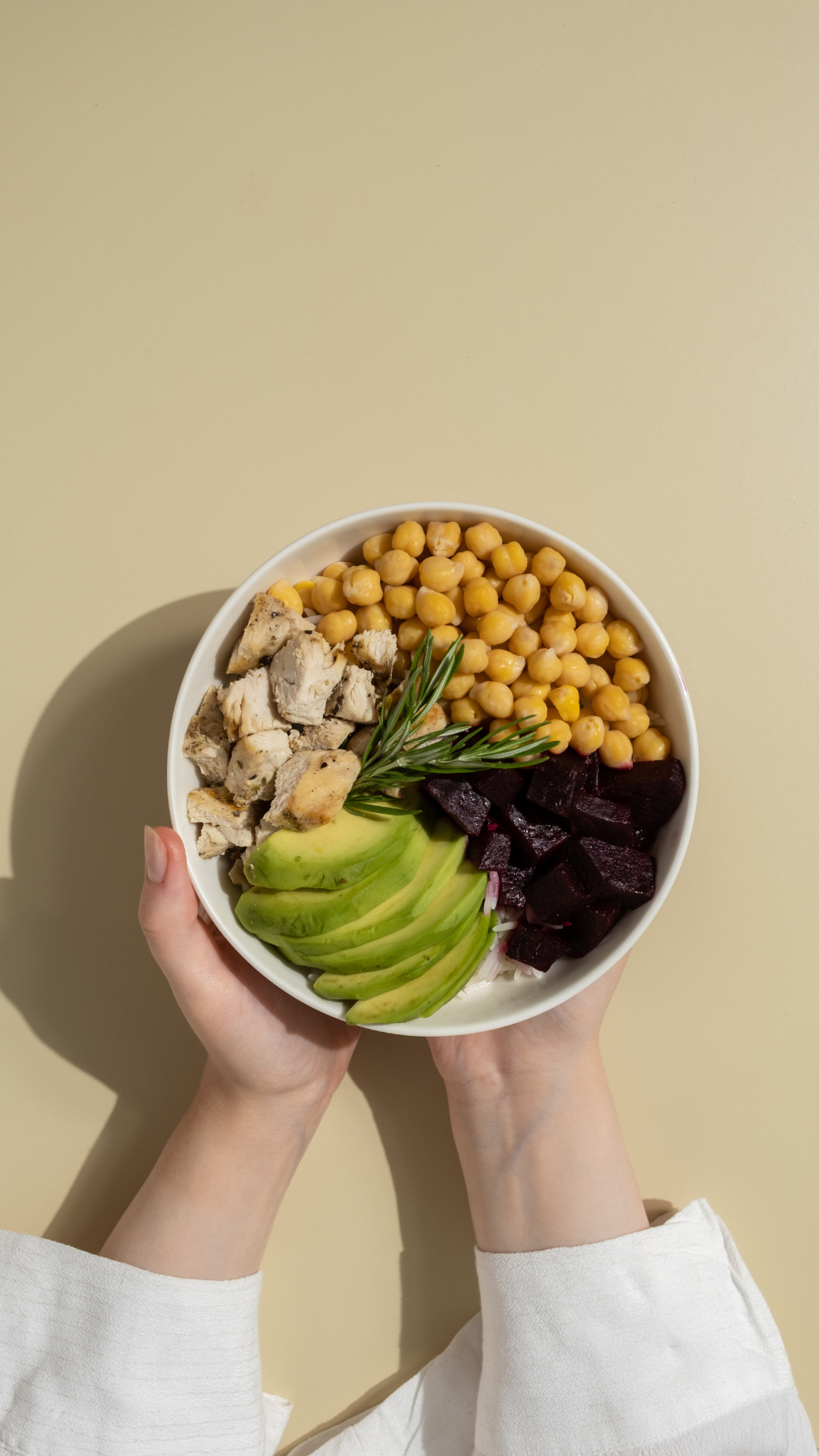How to Lose Body Fat by Changing What You Eat: A Simple Guide
If you’re looking to shed some body fat, changing what you eat can make a huge difference. It's not about starving yourself or following a super restrictive diet; instead, it's about making smarter choices that support your goals. Here’s how you can lose body fat by adjusting your eating habits.
1. Create a Calorie Deficit (But Don't Go Overboard!)
To lose fat, you need to burn more calories than you consume. This doesn’t mean you should starve yourself – a small calorie deficit of about 300-500 calories per day is ideal for sustainable fat loss.
Start by understanding how many calories your body needs to maintain its weight, and aim to eat slightly less than that amount. You can use apps or food diaries to track your intake, making it easier to stay within your calorie target.
2. Focus on Whole, Unprocessed Foods
When it comes to losing fat, the type of food you eat is just as important as how much you eat. Whole, unprocessed foods are generally more filling and nutritious. Here's what to include in your diet:
- Veggies and Fruits:These are packed with fiber, vitamins, and minerals but low in calories. They help you feel full for longer periods, reducing the temptation to snack on unhealthy foods.
- Lean Proteins: Think chicken, fish, tofu, legumes, and low-fat dairy. Protein helps maintain muscle mass and keeps you feeling satisfied, which can naturally reduce your calorie intake.
- Whole Grains: Choose whole grains like quinoa, brown rice, oats, and whole wheat over refined carbs. They provide fiber and nutrients that keep your blood sugar stable and reduce cravings.
3. Cut Back on Added Sugars and Refined Carbs
Reducing your intake of added sugars and refined carbohydrates is key to losing fat. These foods can cause spikes in your blood sugar, leading to increased hunger and fat storage.
- Avoid Sugary Foods and Drinks: Cut down on sweets, sugary beverages, and high-sugar snacks. Excessive sugar can lead to fat accumulation, especially around the abdomen.
- Choose Whole Grains Over Refined Carbs: Refined carbs like white bread and pastries can increase insulin levels and promote fat storage. Whole grains or low-carb alternatives are much better choices.
4. Incorporate Healthy Fats (In Moderation)
Not all fats are bad. In fact, healthy fats are essential for nutrient absorption and overall health.
- Opt for Healthy Fats:Include avocados, nuts, seeds, olive oil, and fatty fish in your diet. These fats help you feel full and satisfied.
- Watch Your Portions:Remember, even healthy fats are calorie-dense. Enjoy them in moderation to avoid overconsumption.
5. Manage Meal Frequency and Timing
How often you eat and when you eat can also impact fat loss.
- Eat Regularly: Aim for 3 balanced meals with 1-2 healthy snacks if needed. Skipping meals often leads to overeating later on.
- Try Intermittent Fasting: Some people find intermittent fasting (eating within a specific time window, like 8 hours) effective for reducing calorie intake and promoting fat loss. It’s worth experimenting to see if it works for you.
6. Stay Hydrated
Water is your best friend when trying to lose fat. It helps with digestion, controls hunger, and can sometimes prevent overeating since thirst is often mistaken for hunger.
7. Minimize Processed Foods
Processed foods are often high in unhealthy fats, sugar, and salt, all of which can sabotage your fat loss efforts.
- Avoid Ultra-Processed Foods: Cut back on packaged snacks, fast foods, and ready-to-eat meals. Opt for fresh, whole foods whenever possible.
8. Watch Your Portions
Portion control is crucial when trying to lose fat.
- Use Smaller Plates: This simple trick can help you eat smaller portions without feeling deprived.
- Learn Serving Sizes: Understanding what a proper portion looks like can help prevent overeating, even with healthy foods.
9. Practice Mindful Eating
Eating mindfully helps you enjoy your food more and avoid overeating.
- Slow Down While Eating: Chew thoroughly, savor the flavors, and pay attention to your hunger and fullness cues. This helps prevent overeating.
- Avoid Distractions: Eating while watching TV or scrolling through your phone can lead to mindless eating. Focus on your meal to truly enjoy it and recognize when you’re full.
10. Limit Alcohol Consumption
Alcohol is high in calories and can lower inhibitions, leading to overeating. If you enjoy a drink, choose lower-calorie options and keep it moderate.
11. Find What Works for You
There isn't a one-size-fits-all diet. Different dietary patterns – whether low-carb, Mediterranean, or plant-based – may work better for different people. Choose an eating plan that you can stick to long-term, and that aligns with your lifestyle and preferences.
Final Thoughts
Losing body fat isn’t just about cutting calories; it’s about making healthier food choices, understanding your body’s needs, and finding a sustainable approach that works for you. Remember, the key to success is consistency, so make small, gradual changes that you can maintain over time.
How to Lose Body Fat by Changing What You Eat
Posted by ouedraogo malicka on



